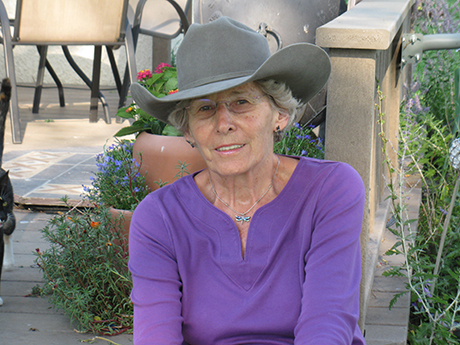Just as soon as you’re sure of something, you’re sure to be wrong. Hopefully someone will correct you, so you can correct yourself and, hopefully, you’re willing to admit mistakes. That applies to my recent quotation about an ancient Chinese curse, “May you live in interesting times.” A friend who is a much better writer and more thorough researcher, tells me that saying is neither old nor Chinese. It was coined in the 1930’s, which probably qualifies as old, but far from ancient. The original saying, which may or may not have come from China was, “May you live in an interesting age.”
This is a perfect example of the propensity of humans to take someone’s word regarding a subject and pass it on without checking for accuracy. Actually, it’s nothing more than laziness, and regarding the matter above, I’m guilty as charged. Most people who use similar expressions don’t really think of where they originated. We just decide the thought fits this occasion and go merrily on our way. No harm in that, really, unless one’s words are intended to influence the opinions of others, and if the “others” are disinclined to explore the matter and decide for themselves.
I do not, and will not, use this space to influence anyone’s politics or personal values, but some examples of common sayings that need to be examined before being repeated are, “Sleepy Joe,” “Witch hunt,” and “Weaponization. Taking on the mantras that circulate in our society is another example of laziness. Better to think the matter over and if you find it necessary to express an opinion, be prepared to back your thoughts with facts. Buzz words, and sarcasm give us an excuse to avoid accuracy.
My friend, Dave, is gone now but his words come to me almost daily. We had an agreement to speak weekly on the phone and, for the most part, our conversations concerned generalities and whatever was going on in our worlds. But we always knew that if something was eating our lunch, we could express frustrations and opinions without being judged or advised to take a particular action. Generally, after the matter had been cussed and discussed, Dave would say, “Well, we’ll just have to wait and see.” Now, you need to know that I’m not a patient “waiter” and I’m inclined to believe that I can see clearly about most matters. Dave and I were a lot alike in that way, and our conversations encouraged us both to consider issues thoughtfully before diving off a cliff.
There’s a saying that goes around among members of a circle in which I travel. “More will be revealed.” Most times it will, and most times, the initial conclusion will have been faulty. Another quotation among those folks is, “First thought, wrong thought.” It’d be best if we all thought for ourselves and encouraged others to do the same.
Meet me here next week and, meanwhile, do your best. Somebody might like it.

